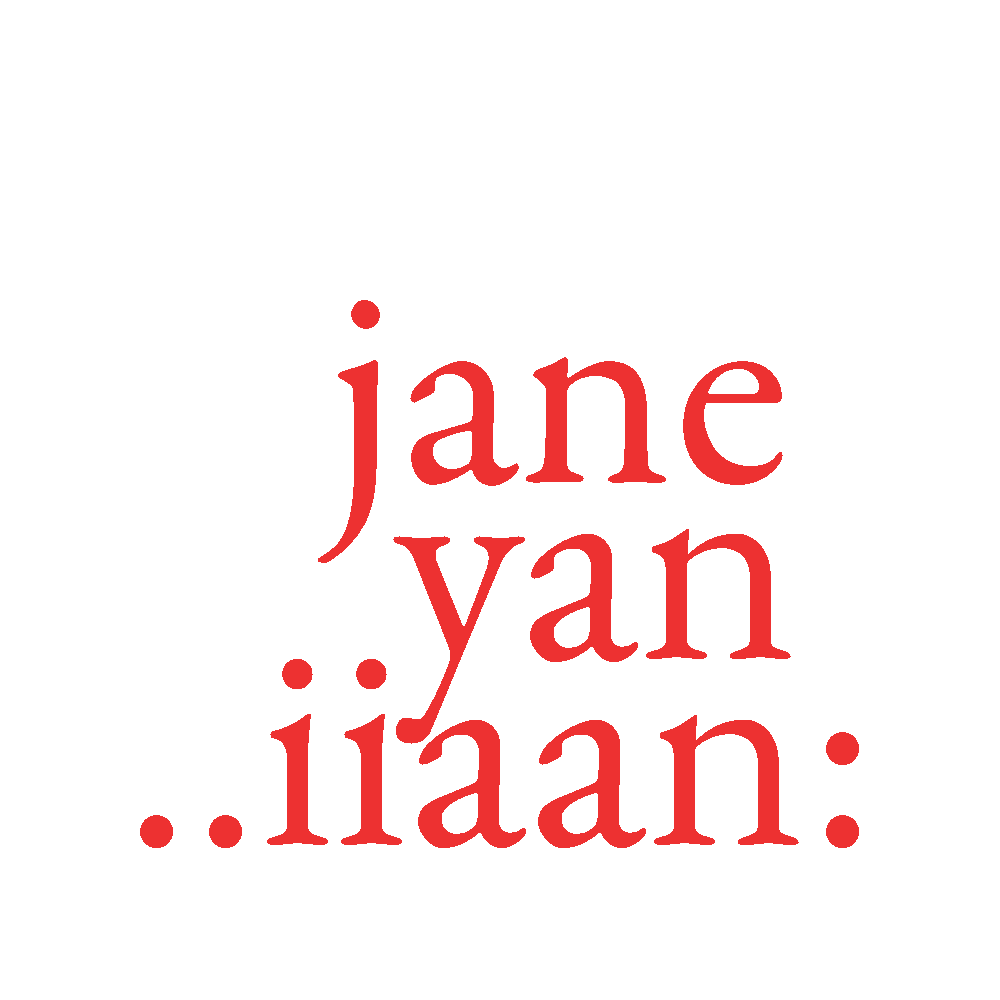October 4, 2024
On the differences between narrative and scientific writing
..Fortunately, I have acknowledged that the current findings are controversial. Unfortunately, the matter is still to suggest what I see as true, to be barely representative of my thoughts - as an awareness of the limitation - but still originated from readings or experiences that shape my current knowledge base waiting to be updated:
The similarity between narrative and scientific writings is to speak for the truth in mind. Maybe the most apparent difference is whether to have a reference literature list. In narrative writings, the reference is not included or called hidden because it is impossible to make it accurate enough. The mind flow for an hour in a paragraph can spread over some broad, undefined subjects. I sometimes vaguely know where to locate some thoughts that can be evolved or modified, abstracted, re-illustrated, or differ from the original. However, in scientific writing, it is possible to include a correct reference list. Although it is still about marking all the origins of thoughts and the progress of how thoughts have been developed, which requires much work in documenting this process, the bibliography of the study itself is limited to include the countable keywords in the title, the particular year range of publications, and the related authors in the area who built up significant ideas. Despite these two types, a reference list/index would always be good in any writing work if correctly added, because the knowledge graph is worth studying. It might be interesting to mention that I try to make numbers on this website indexed and correspond to agreement.
Another related difference is about the aim of creation. In narratives, there is no hypothesis but rather some concepts to define or describe. In scientific writings, the intention is for the hypothesis to be verified. Things are included when they are as evidence to support the hypothesis. Therefore, the hypothesis can set up the scope of the writing, which means a perfect completion is possible that can cover all the information needed. Note that if the hypothesis cannot be approved, there should be another study with a new or different hypothesis, which represents how knowledge is built upon.
